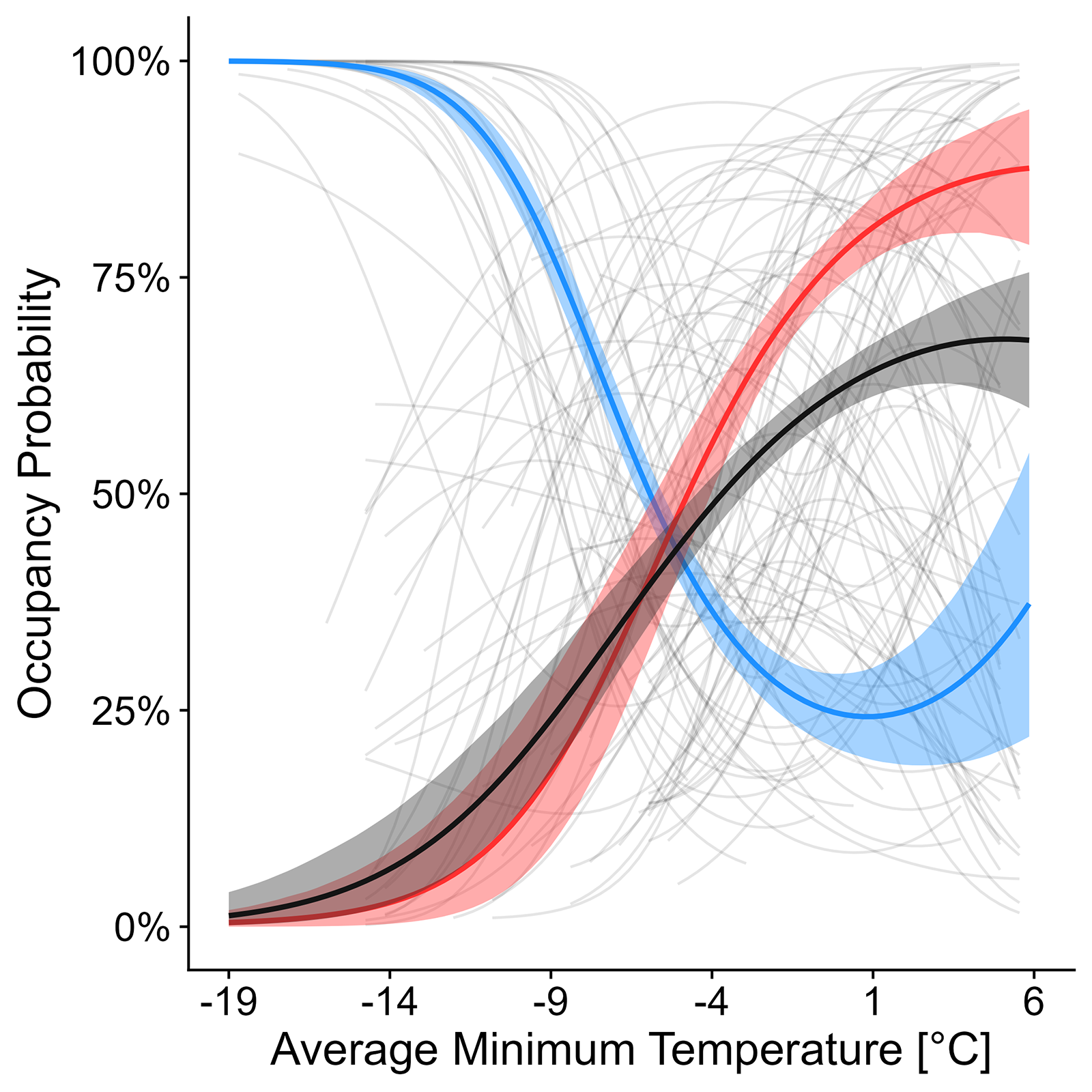Core Research Themes

We use cutting-edge advances in data science applied to natural history collections and participatory science programs to discover how butterflies and moths are responding to a changing planet.
(1) Quantitative Historical Ecology
We work on developing modeling frameworks and tools to leverage the full capacity of natural history collections and other unstructured, historical data to make inferences about lepidopteran distributions over multi-decadal timescales. Specifically, we make use of tools in causal inference, Bayesian heirarhcical modeling, and neural networks to accomplish these goals.
(2) Eco-Evolutionary Dynamics of Change
Natural history collections provide a wealth of phenotypic and genomic information for assessing how global change is impacting populations, species, and communities of butterflies and moths together. We aim to use the breadth of information available to us at the McGuire Center to understand feedback between ecological and evolutionary processes.
(3) Conservation of Insect Biodiversity
We recongize that the impact of our science extends beyond the publishing paradigm. As such, we aim to partner with land managers, NGOs, and policymakers to uphold scientific integrity in decision making processes.